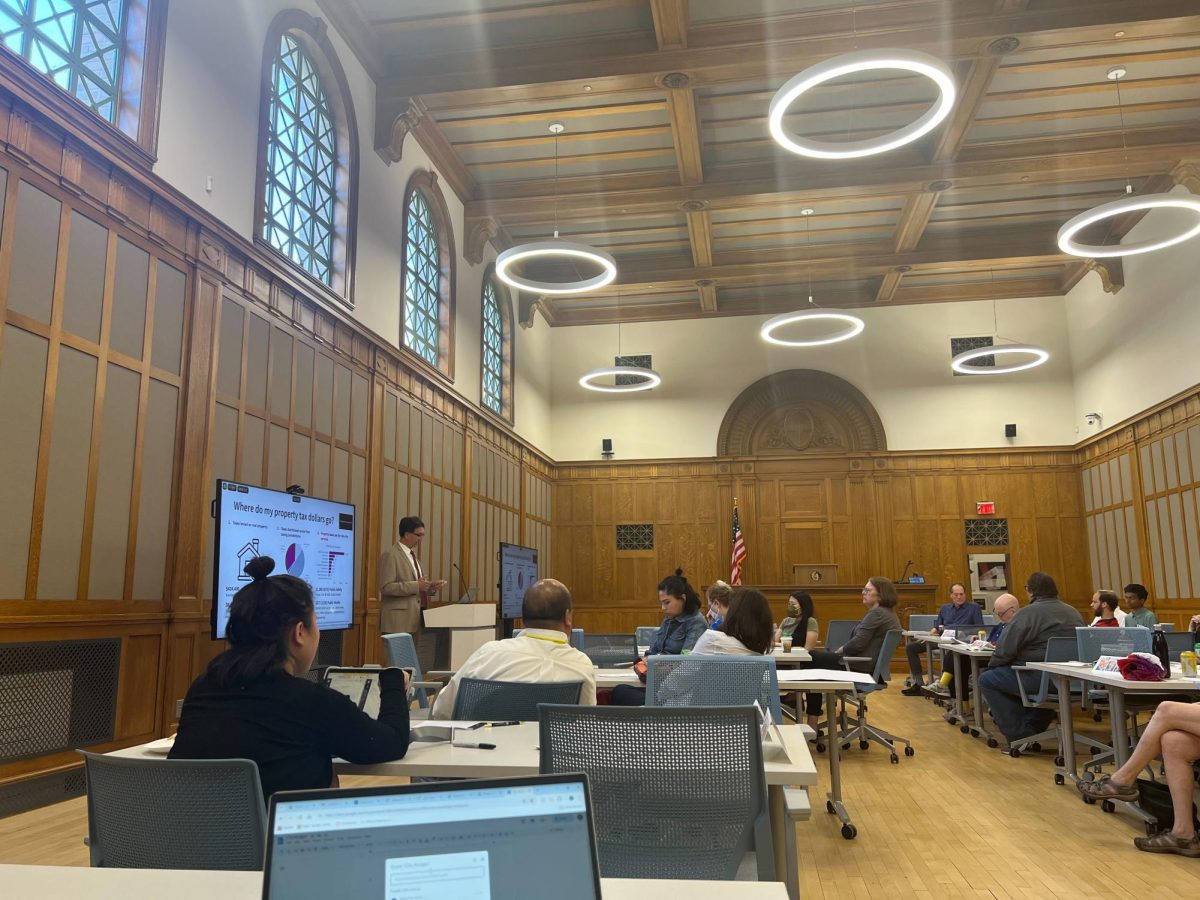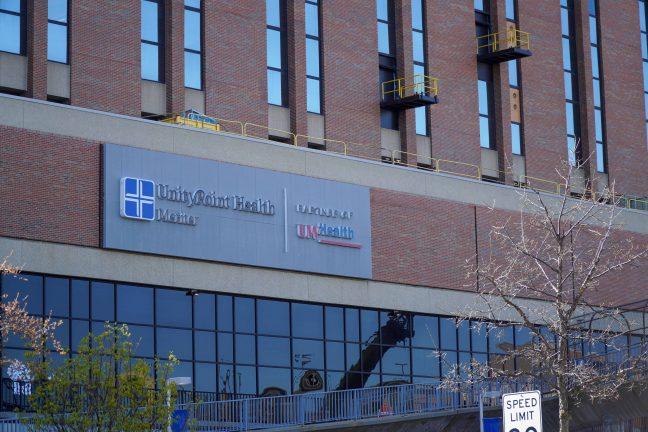When Josie Chu’s mother passed away and Chu inherited her cookbooks, she had no idea that an old recipe for sauce tucked in the back pages would soon become an entire business.
Chu now owns the condiment company Madame Chu Delicacies, and like many other entrepreneurs in Madison, has faced various barriers while building her business. But programs like The Food Enterprise and Economic Development Kitchen and MarketReady have given her the tools to navigate such obstacles.
FEED and MarketReady are both part of several organizations that work to support populations that face historic barriers to entrepreneurship.
Nonprofit Kiva to launch next month in support of local women entrepreneurs
Recently, Madison has been allocating more resources toward helping new entrepreneurs with programs like the Healthy Retail Access Program, KIVA City loans and the recently launched Equity Business Initiative. All of these programs work together to address the issues new entrepreneurs face.
Chu began making her sauce at FEED Kitchen where staff helped her become a licensed vendor. She then applied to the MarketReady program and became one of 30 other small businesses selected.
MarketReady coordinator Ian Aley said the program was created after Madison conducted an equity analysis, and found a need for more diverse business owners. The program was created to prepare potential merchants for the Madison Public Market that is set to open at the end of 2021.
The MarketReady program is 83 percent people of color, 63 percent females and 33 percent first-generation immigrants, according to the Madison Public Market website. Chu said this diversity is important because entrepreneurs of color often face a unique set of challenges.
“I would have to go into a grocery store with another white male to be able to get someone to talk to us,” Chu said. “If I were to go with another Asian business partner, I don’t think that we would be as successful.”
Entrepreneurs of color also experience discrimination when applying for loans, according to Aley who said that they are often asked for more collateral than white entrepreneurs.
Andrea Hughes, regional project director for the south central office of the Wisconsin Women’s Business Initiative Corporation said that accessing capital is a constant struggle for new entrepreneurs. The WWBIC helps entrepreneurs that face barriers in accessing funds by coaching them and providing loans. Hughes said because “you need money to make money” many entrepreneurs struggle to get their foot in the door.
“The people with a lot of wealth, they have Dad or they have somebody else to bail them out,” Hughes said. “But when you’re already starting low and you’re putting everything into it you don’t have as much backup, so the risk is really greater.”
When entrepreneurs are blocked by these barriers, cities’ businesses lack diversity, Chu said. Aley said having diverse businesses and business owners is important because it provides representation for youth and provides stability in communities, allowing deeper issues such as racial disparities to be addressed.
This diversity also creates jobs, promotes innovation and “adds more fun to our community,” Hughes said. Chu said this diversity also improves the branding of a city.
“For Madison to call itself a diverse community and for Madison to call itself a foodie city, it cannot always be just meat and potatoes,” Chu said. “It needs to bring in people from various cultures … because meat and potatoes are not representative of diversity.”
These support programs also encourage the building of wealth both for families and the Madison community, Chu said. Entrepreneurs who receive support then find ways to help their community, she continued. Chu said they often hire community members and find other ways of giving back because they are so grateful, creating a “symbiotic relationship of you give, we give back.”
‘Make your own path’: Panel of food-based executives offer advice to beginning entrepreneurs
These programs work together to support entrepreneurs. Aley said they “complement their work rather than replicate it.” Hughes said while FEED and MarketReady provide culinary expertise, WWBIC offers economic expertise and KIVA City provides person-to-person loans.
Specifically, MarketReady provides resources for entrepreneurs, such as consulting, networking events, micro-grants and other training. Chu said MarketReady provides the tools but the entrepreneur must have the passion to do the work themselves.
By connecting entrepreneurs with retailers and banks, the MarketReady program has helped entrepreneurs with many of the barriers they face. But Chu said it is still very difficult to compete with bigger, well-known brands.
“I’d sincerely like to thank the City of Madison, the MarketReady program, FEED Kitchen and everyone who supported Madame Chu in helping us at least touch the ceiling, not necessarily break it yet,” Chu said.
The city of Madison has funded the MarketReady program for one more year and after that many of its participants will apply to be vendors in the Madison Public Market, Aley said.
Aley said a big part of the MarketReady program is building a community between the different businesses so they can offer each other advice and he hopes that this collaboration continues at the public market.
“Every individual business is going to do a lot better if the market as a whole is drawing a lot of customers,” Aley said. “If the market is thriving, each one of those businesses is going to thrive.”


















